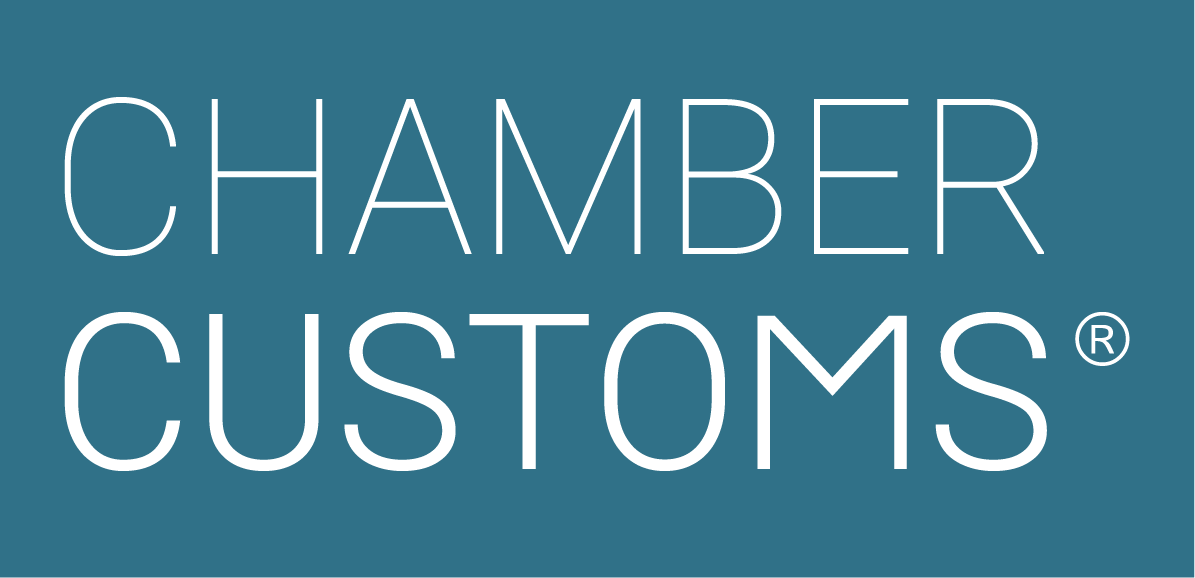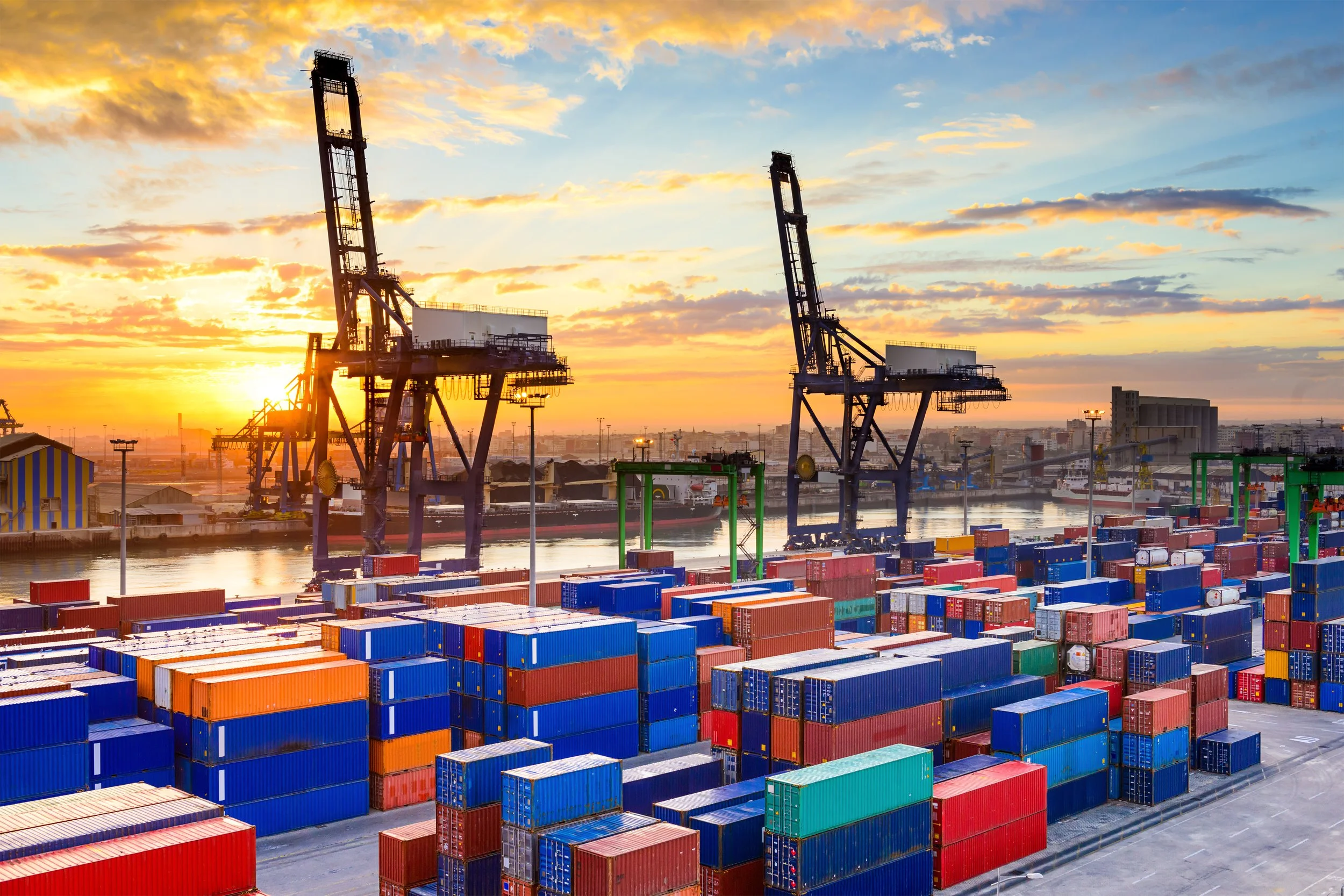International Trading | The Basics
What handling fees are there for importing goods beyond customs duties?
The essential elements of calculating the value of your goods are:
The value of the goods
The transport to the UK
The insurance
The incidentals in the UK
Handling at port
Inspections
Demurrage/Storage
Customs Brokerage
The delivery to the final destination.
You can calculate your UK import duties using the ChamberCustoms Duty Calculator here.
The two main costs when importing goods are transport and insurance:
Transport:
The cost of moving the goods from origin to destination plays an important role. However, we must differentiate between international freight and delivery within the UK.
International freight affects duty and VAT, whilst delivery within the UK only affects the amount of VAT payable. In our avocado example, you would only have to pay duty on the transport from Mexico to Felixstowe, whilst VAT would be expected on the entire trip.
Using a customs broker can help you ensure that you pay duty only where it’s due, rather than on the lump sum of transport from Mexico to Manchester. Why should you use a customs broker? To keep you right with these things.
Insurance:
It is common to have insurance on international freight. You would be insuring your goods because:
The ship that carries your goods could sink
Your goods could be lost or stolen
After weeks at sea, there might have been a leak, and then your goods might be damaged or rotten
Your goods could be spoiled by a pest or a vermin
The road vehicle transporting your goods could be stolen or involved in an accident
So, whether you deal with containerised goods or Ro-Ro transport, insurance is good practice for importing businesses.
Other incidentals that cost money when importing:
-
When you have a container coming on a container ship, there are port charges to pay. Try to imagine the logistics involved in moving the container off the ship, handling it and placing it somewhere to be collected.
-
Demurrage is a French word meaning “outside of the walls”.
Thinking of ancient times, imported goods would be stored out of the city walls until the right levy had been collected.
Nowadays, demurrage indicates the costs incurred in storing goods whilst they are “outside of the walls”, in other words, before customs clearance.
-
Storage is a cost that you incur to store your goods once they’re customs cleared and before you’ve collected them.
If you don't go and pick your goods up straight away, you will incur charges because somebody must store your container.
If your container is a refrigerated container, be prepared to pay a significant amount of money because it's quite expensive and even more so if you import livestock.
-
As the importer, you are responsible for paying for inspections that any of the border agencies may decide to carry out. You can imagine, for example, an inspection by Border Force, Animal and Plant Health, Trading Standard, etc.
In short, if any of the agencies around the borders decide to inspect your goods, you will have to front the charge.
-
You may incur handling fees by other third parties. If you have groupage, for example, and your goods only make up part of a container, and the container then needs to be opened, devanned and split, you will likely pay for that.
If you need a certificate to confirm the health of your products, that is also chargeable.
-
A deferment account is a credit account that you or your agent can have with HMRC. Using a deferment account ensures quick clearance because funds are immediately available to HMRC.
You might be using somebody else's deferment account, and they might be charging you.
ChamberCustoms can help you obtain a Deferment Account with ease and speed, taking advantage of the easements that HMRC has introduced.
-
If you are using a professional and expert customs broker then their services are going to be payable. It should make financial sense to leave Customs Brokerage to the experts.
If you choose to do your own brokerage, you will need to consider the cost for software to do the customs entries, badges to be authorised to operate at a port, and any other connections such as VPN connections, licence fees, etc.
-
Goods in ‘free circulation' are goods on which all import duties have been paid and are now free to be bought and sold in the UK domestic market.
Currently, the United Kingdom and the Channel Islands are in a Customs Union which means that goods are free to circulate between Jersey, Guernsey and the UK for duty purposes, although we have different VAT treatments.
-
Countries across the world can form Customs Unions.
A classic example of a Customs Union is the 27 countries forming part of the European Union. EU members have agreed, and have the same rules and the same tariffs when importing goods.
Using the example of our fresh Avocados from Mexico, if those Avocados enter Italy, Spain, or Greece, they will attract the same duty rate. Duty gets collected by individual member states on behalf of Europe, and it is then shared across the 27 countries, in a proportion decided by the EU.
-
A Harmonised System (HS) Code is often referred to as a classification code or commodity code.
This code functions as an internationally recognised number to identify goods.
The first six digits of a commodity code are the HS code. These digits are the same for every country, as long as they are part of the World Trade Organisation.
Using the example of importing fresh avocados, everywhere in the world, Avocados classification codes will start with 080440. That's the HS Code for avocados everywhere. Individual countries can then use the next 2 or 4 digits to classify products within their market further. In our example, you may have noticed that we used a ten-digit code to indicate avocados: 08044000, which is what we use in the UK.
To use an easy example, differently from other countries, the UK may decide to make a difference between round avocados and square avocados and use different values in the last two digits.
BESPOKE CUSTOMS ADVICE
Our team of customs experts have decades of operational experience in all aspects of customs. As well as advising clients we are also called on by government departments for our expertise in helping develop policies that will work for business.
A CUstoms broker near you
The ChamberCustoms network is never far from you with over 40 locations across the UK, from Inverness in the north to Dorset in the South. We operate in every country of the UK and we’re directly connected to all air, sea, ro-ro and rail port inventory systems.



